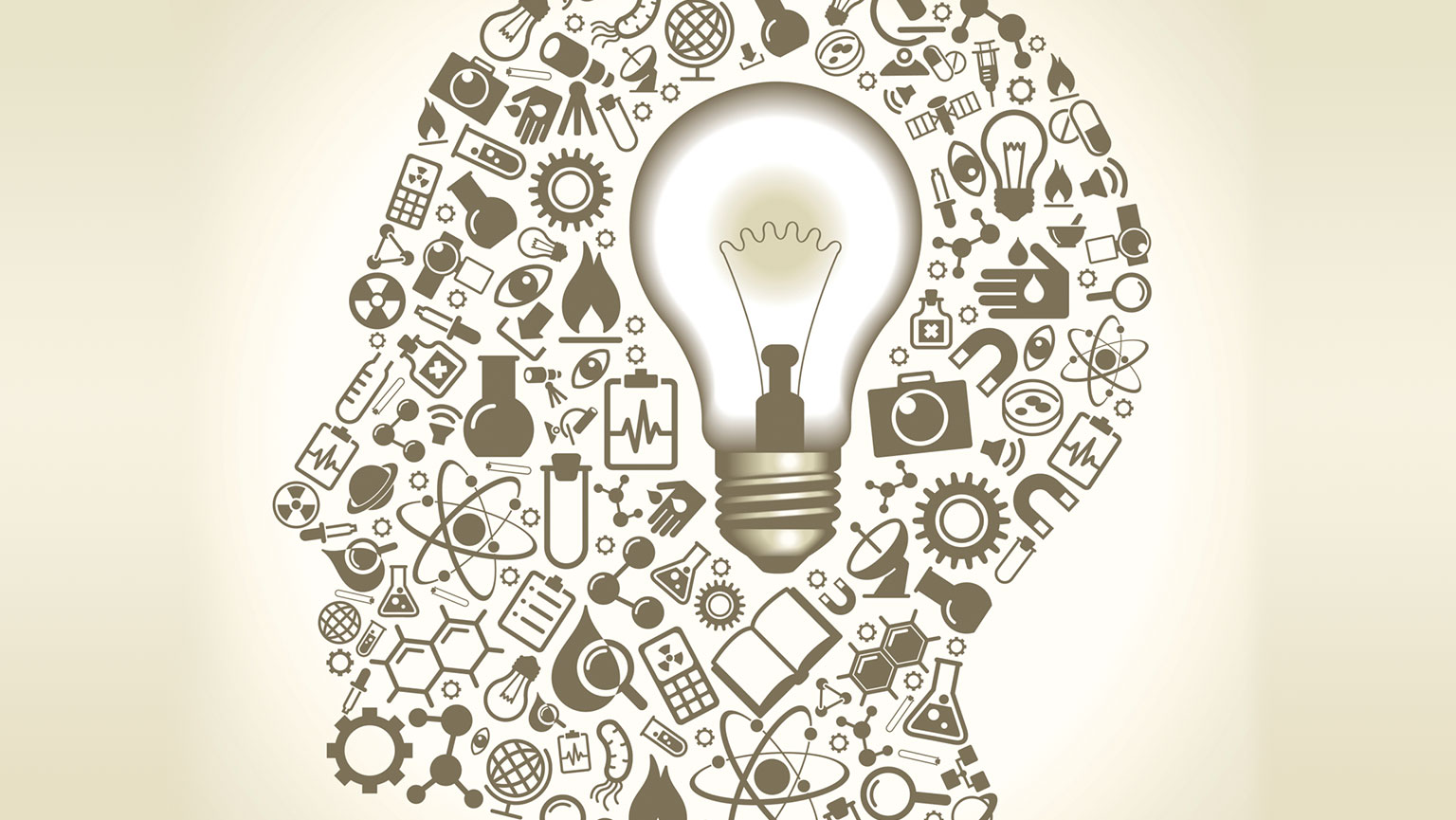A look into the past reveals some of humanity’s greatest achievements: The discovery of fire, the domestication of animals, the invention of the car. The past decade in particular has seen large technological change. Gadgets and apps have become so commonplace that it is difficult to imagine a time without them. From technologies like smartphones to social trends like selfies, certain advancements in the past decade have become strong enough to revolutionize science and change people’s lives.
Virtual Assistants
Although the idea of artificial intelligence (AI) has been around since the 1950s, there were significant advances in the past decade. Among other functions, AI now increases security, assists with surgeries, and powers voice assistants. In 2010, Apple acquired Siri, the first modern digital virtual assistant, revolutionizing the iPhone. In general, virtual assistants are capable of handling many tasks, ranging from making to-do lists and setting alarms to providing real-time information, such as the weather, traffic, and the news. The Amazon Alexa and Google Assistant can now also control smart home devices, functioning as home automation systems.
Self-driving car
Developments in AI have also led to automation in the car industry in the form of self-driving cars. In 2009, Google introduced Waymo, their self-driving car project. Since Tesla Motors announced its first version of the Autopilot in 2015, the company has developed the self-driving car to include features such as adaptive cruise control, self-parking, automatic lane changes, and the ability to summon the car to a garage or parking spot.
CRISPR-Cas9
CRISPR is a family of DNA sequences found within the genomes of single-celled organisms. Over the past decade, scientists have used CRISPR to quickly edit genes in other organisms, such as mice. Since the commercialization and patenting of CRISPR-Cas9 in 2012, it has taken on a wide range of uses, such as genetically modifying plants and treating genetic diseases. Researchers believe that with this technology, Huntington’s disease, cystic fibrosis, and other such genetic diseases could be cured.
SpaceX’s reusable rocket
SpaceX spent much of the past decade developing its reusable rocket system. The company’s Falcon 9 rocket launched, delivered a payload into orbit, and then landed at Cape Canaveral in December 2015, marking the beginning of an era of accessible space travel. A Falcon 9 launch costs about $62 million, one-quarter what it cost a decade ago. SpaceX also revealed that the Falcon was able to use the same booster—the first stage of a rocket that provides thrust for launching—three times and opened a new landing site that would reduce post-launch processing time.
Tesla Powerwall
In the past decade, climate change has come to the forefront as one of the world’s major issues, resulting in greater implementation of environmentally-friendly alternatives. One such option is using solar power instead of gas or coal. While solar power has become more affordable, it is a major challenge to store excess solar energy so that it can be used later. Tesla’s Powerwall, launched in 2015, allows solar energy users to control their energy usage to store it during off-peak hours and consume it at peak times. The Powerwall is a rechargeable lithium-ion battery, making it both lightweight and low maintenance.
Beyond Burger
While veggie burgers have been around for a while, Beyond Meat’s Beyond Burger looks and tastes like an actual beef burger. Awarded the 2018 Environment Champion of the Earth Award from the United Nations, the burger is completely plant-based and contains no genetically-modified organisms (GMOs), soy, or gluten. According to a life-cycle assessment conducted by the University of Michigan, the Beyond Burger generates 90 per cent less greenhouse gas emissions and requires 43 per cent less energy than a typical beef burger. Since its commercialization in 2012, Beyond Meat can be found in many fast food restaurants, including A&W (only in Canada) and McDonald’s.








